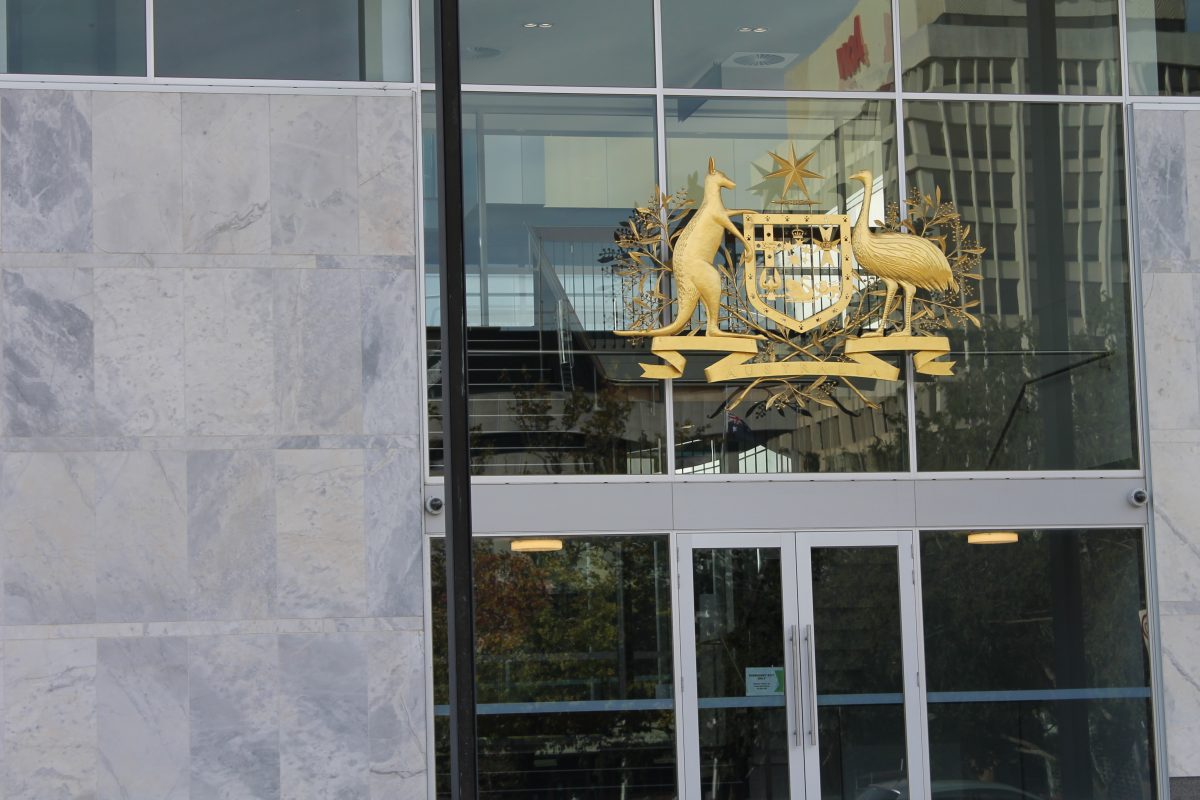
Former AFP officer Joshua Tiffen and his twin brother Kenan have been successful in their appeal. Photo: Albert McKnight.
A judge blasted a police officer for mishandling evidence in the case of twin brothers accused of spying on their female tenants with hidden cameras when she announced the pair had been partially successful in an appeal.
When handing down her decision in the appeal launched by former Australian Federal Police (AFP) officer Joshua Tiffen and his identical twin brother, electrician Kenan Tiffen, ACT Supreme Court Justice Chrissa Loukas-Karlsson said, “the end does not justify the means”.
“Lawlessness on the part of police encourages lawlessness in our society,” she said.
“If police officers are to uphold the law, then police officers should obey the law. The court cannot condone a cover-up.”
Last year, the ACT Magistrates Court’s Magistrate Glenn Theakston found each brother guilty of three counts of capturing visual data.
The prosecution had alleged the twins owned a house in Canberra where they used several hidden cameras in the bedrooms to watch the private activities of three female tenants.
Police allegedly found hidden cameras behind the front plastic housing of television sets and small glass windows on coat rack fittings in bedrooms.
The brothers then launched an appeal, arguing that evidence obtained by police was inadmissible.
The prosecution had originally sought to rely on data found on three devices seized by police during search warrants in 2019: Joshua’s Samsung mobile phone, HP laptop, and Kenan’s Huawei phone.
Magistrate Theakston had ruled the evidence from Kenan’s phone was inadmissible as the search warrant it had been seized under only related to a residence while the phone had been taken from Kenan while he was in his car some 70 metres away from the home.
However, the magistrate ruled Joshua’s phone and laptop were admissible.
Justice Loukas-Karlsson, writing in her decision from last week, said it was clear the police officers involved in the case made errors when handling important pieces of evidence.
She also said it appeared “deliberate steps” were taken by a detective to hide errors from the defence lawyers and the prosecution before the Magistrates Court hearing.
Ultimately, she found Magistrate Theakston did not err when ruling the evidence on Joshua’s phone was admissible.
However, she said all lawyers accepted that the evidence from his laptop was obtained unlawfully as it had been examined outside the requisite 30-day period. She said that the evidence from it should not be admitted.
Also, in 2021, Magistrate Theakston found the detective had redacted a relevant field notebook and denied ever being told the devices were examined out of time. This led the magistrate to find the detective had “deliberately attempted to cover up that breach”.
Justice Loukas-Karlsson agreed with the brothers’ lawyers, who said if the evidence were admitted, the court would be condoning significant impropriety – being a deliberate circumvention of the 30-day limit as well as the cover-up that came from the omission of material by the detective.
She dismissed the part of the brothers’ appeal that related to Joshua’s mobile phone but upheld it in regards to the laptop.
She ordered the six guilty verdicts to be set aside and the matter remitted to the Magistrates Court for redetermination.












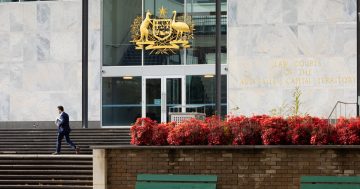
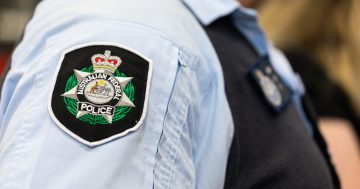
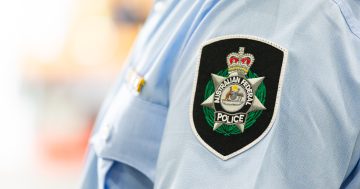
![Man allegedly trying to enter club with hunting knife wanted 'to take matters into [his] own hands'](https://the-riotact.com/wp-content/uploads/2024/10/457620122_918031733692311_2591923344904949991_n-e1728869628813-360x189.jpg)
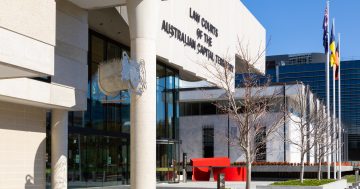
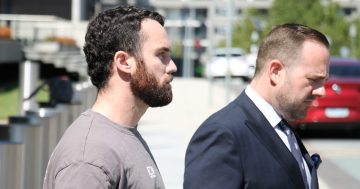
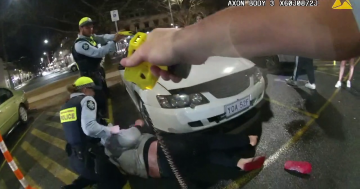

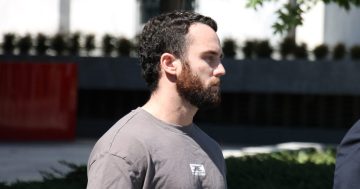

Watched a video of RAM 2500, Chev 2500 HD and a Ford F450 (yes that's right and had duelly wheels… View